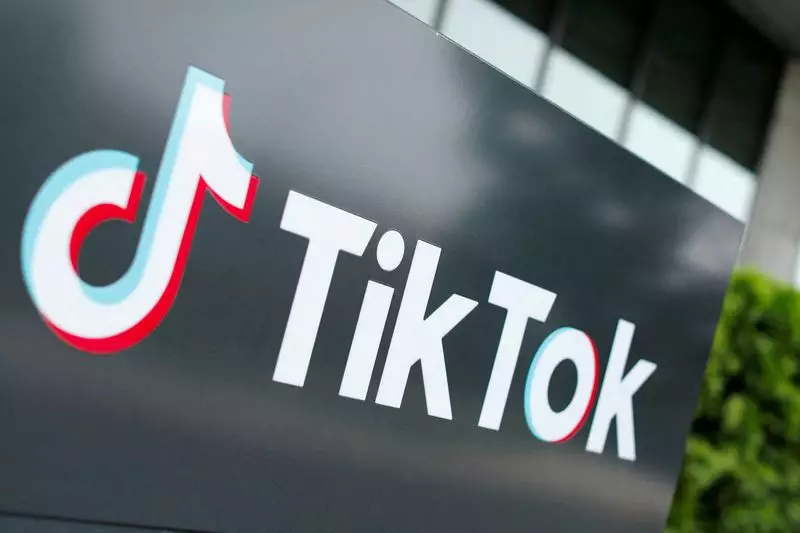In a bold move aimed at addressing growing concerns surrounding youth violence and the influence of social media, Albania’s Prime Minister Edi Rama announced a comprehensive one-year ban on TikTok. This decision follows a tragic incident last month where a 14-year-old boy was fatally stabbed by a peer, an act that served as a catalyst for urgent discussions about the impact of online platforms on young people. The government intends for this ban to be part of a larger initiative focused on enhancing the safety of educational environments across the country.
Prime Minister Rama’s statement reveals a deep-rooted fear that social media platforms, particularly TikTok, are exacerbating social tensions among children. He cited that the violent altercation leading to the tragic death of the schoolboy originated from disputes that had spilled over from online interactions. This incident has emphasized the belief among policymakers that unchecked access to social media can contribute to real-world violence, prompting the government to take immediate action. The Prime Minister’s assertion highlights a critical dilemma: how societal factors and digital interactions intertwine to shape the behavior of youths.
Albania’s decision aligns with a growing trend seen in several European nations, including France and Germany, which have begun implementing guidelines to limit children’s engagement with social platforms. Furthermore, Australia has made headlines for its stringent measures, creating one of the world’s most stringent frameworks by banning social media access for children under 16. These collective actions seem to emerge from a shared understanding among global leaders about the potential dangers posed by social media to young, impressionable minds.
Prime Minister Rama did not solely blame external threats, calling instead for introspection and responsibility from society as a whole. His comments, “The problem today is not our children, the problem today is us,” transcend mere policy-making to suggest a need for a cultural shift. This indicates an acknowledgment that the responsibility to safeguard children extends beyond regulating social media; it also requires a societal commitment to address underlying issues that may cause youth to gravitate towards violence and animosity.
While the ban might serve as an immediate remedy, it raises questions about long-term solutions to the challenges faced by youth in the digital age. Upon implementation, the effectiveness of such a ban will need to be critically evaluated. Additional strategies could involve educating young people about digital citizenship, enhancing parental controls, and fostering open dialogue about online behavior.
By tackling this complex issue head-on, Albania is contributing to an essential global conversation about the responsibilities of social media platforms and the imperative need for vigilant protection of young citizens. As such measures unfold, they will undoubtedly shape the narrative of social media governance and youth protection for years to come.

